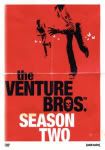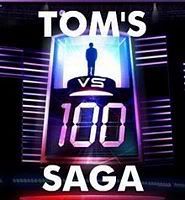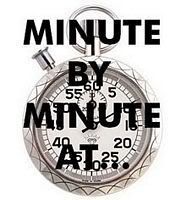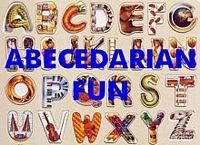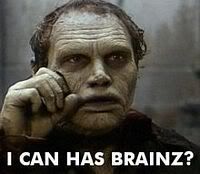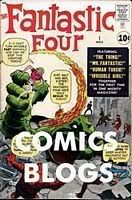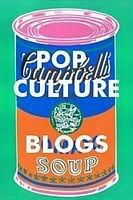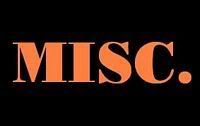MOVIES: After the Thin Man
After the Thin Man delivers every bit as much entertainment as the first film in the series does, once again anchored by the intoxicating (and intoxicated) romantic comic interplay between William Powell and Myrna Loy.
The case is as needlessly complicated as that in the first film, but it serves the purpose of setting Powell, as reluctant detective Nick Charles, and Loy, as his adventure-seeking wife Nora, into action. Comedic highlights include Nick's interactions with Nora's blueblood family -- they feel he's beneath their station, and Powell delights in antagonizing them further; a surprise party thrown for Nick & Nora's return home, populated by a bunch of freeloaders who don't recognize the Charleses when they see them; a New Year's Eve celebration at a Chinese restaurant, at which Nora gets to meet all of Nick's lowlife friends; and Nick's drunken unconcern as an all-out brawl rages around him. And my favorite line: "Come on, dear, let's get something to eat. I'm thirsty."
The film starts off almost exactly where the previous film ended, on the train taking Nick and Nora from New York back home to San Francisco. They don't get any time to rest, though, as they're almost immediately thrown into a mystery involving Nora's stuffy relations. The truly curious thing about this film is how much happens in such a compact amount of time. The film lasts almost two hours, which was fairly unusual for a 1930's comedy, and yet the action spans only two days, New Year's Eve and New Year's Day. (And since the story is advanced at times by the classic headline-on-a-spinning-newspaper gimmick, you begin to think San Francisco must have a dozen papers, with new editions released hourly.) The extended running time must have been the studio's response to the unexpected popularity of the original. They made sure to deliver an "A" picture this time out, which meant a couple of time-wasting musical numbers, as well as an inordinate amount of uninteresting screentime spent with Asta, the dog, who I can only assume tested well with audiences of the era.
The plot, as I mentioned above, was as unduly complex as in the first film. (And the culprit just as easy to pinpoint. In my post about the first film, I said, "in these early detective movies, it's almost always the nicest, least suspectable of the suspects" who is guilty. Jimmy Stewart appears in this film. You may draw your own conclusions.) It's not the plot that matters, really, it's the way Powell and Loy interact with the plot elements, and especially with each other, that makes this film so much fun. They're a superlative screen pairing, quick and witty and charmingly infatuated with each other. The promise of a baby to come in the next installment, Another Thin Man, does not hold much appeal for me -- why meddle with a winning team? But I'll still be renting it soon, for more of the magic between Powell and Loy.



